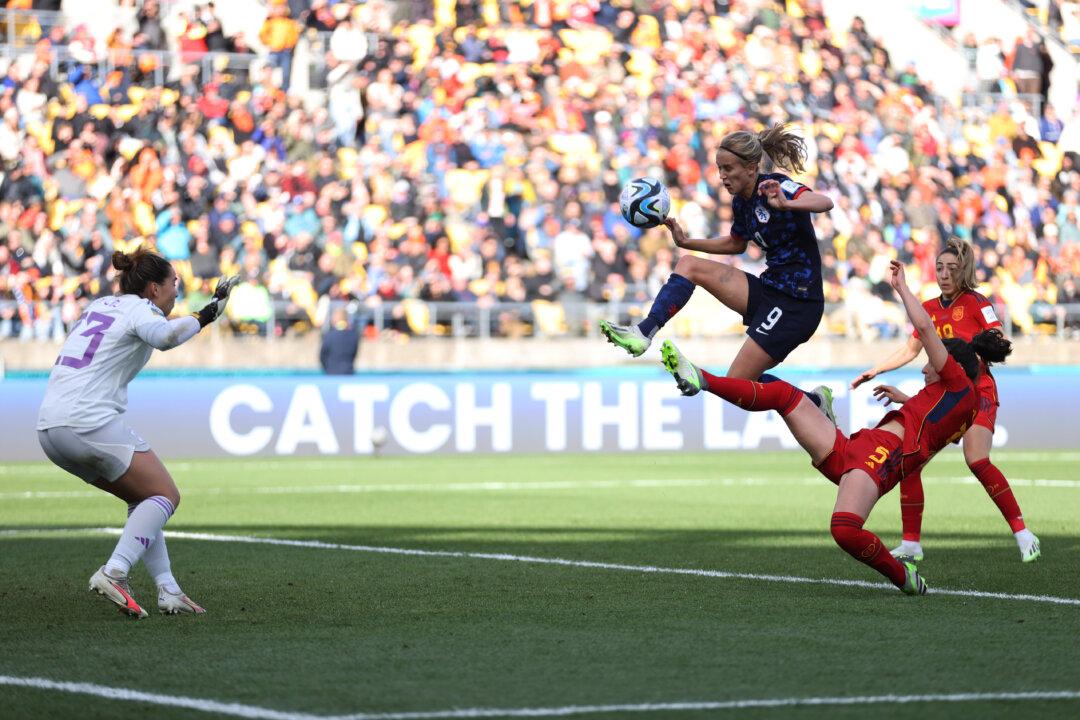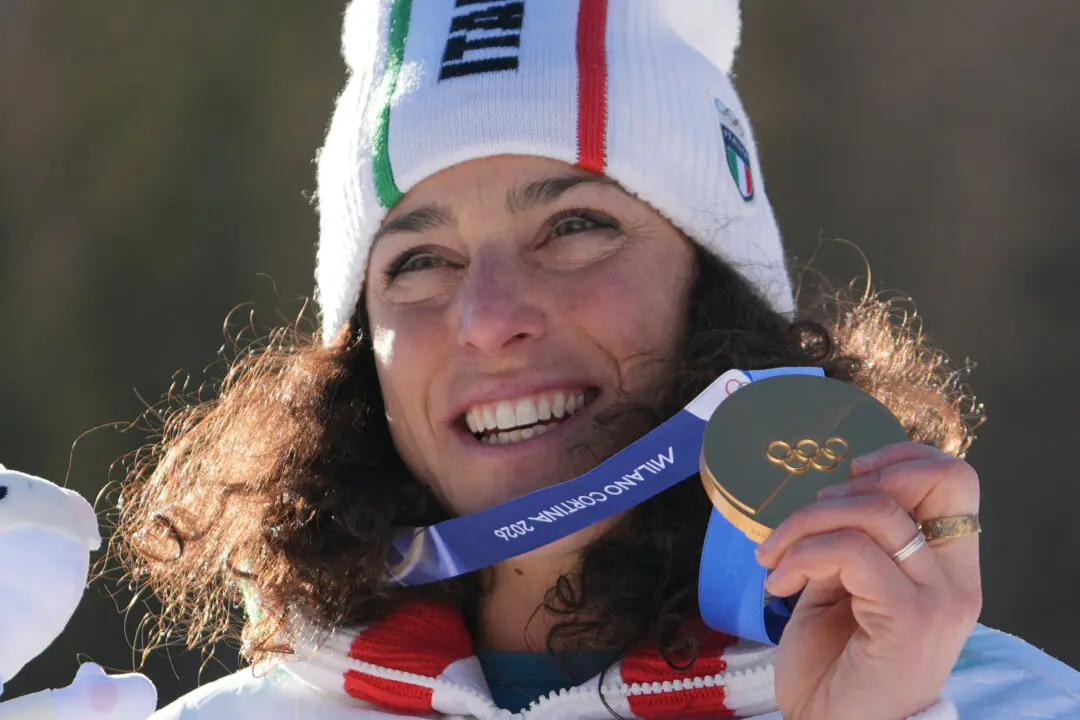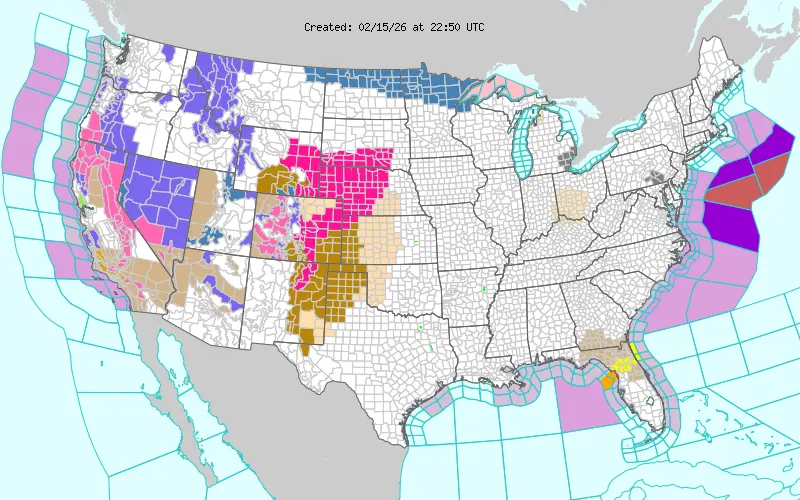WELLINGTON, New Zealand—Salma Paralluelo scored deep in extra time to give Spain a 2–1 win over Netherlands on Friday and a place in the Women’s World Cup semifinals for the first time.
The 19-year-old Paralluelo struck in the 111th minute of a tight knockout match between European soccer heavyweights, creating history for Spain and sending the 2019 World Cup runners-up out of the tournament one round after the defending champions.





